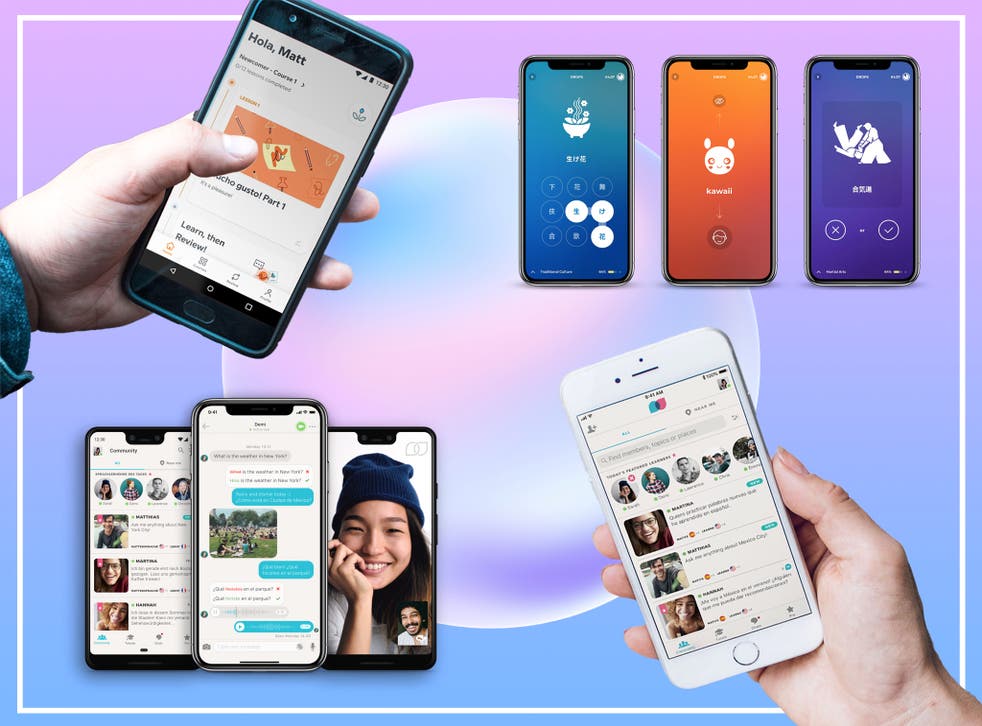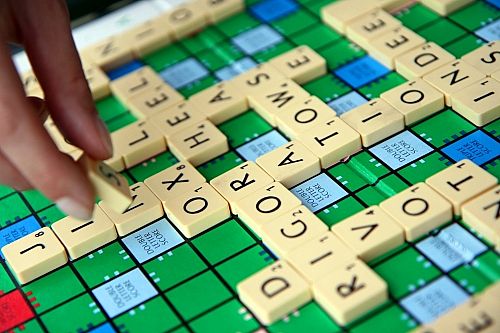We are all perpetual learners, and we are constantly on the lookout for new apps, platforms, and techniques for learning other languages.
We thought we’d help you out by developing a list of our six favorite language learning smartphone applications. You’re certainly familiar with some of them, but you could discover some new favorites!
6 Most Extensively Used Language Learning Apps
1. Memrise
Memrise is the place to go for enjoyable vocabulary practice. There are courses on practically every language you can think of—or develop, as there are numerous devoted to building languages—created by the dynamic user community.
In addition, there are regulated courses based on popular textbooks or vocabulary frequency lists and less anticipated vocabulary collections such as “Japanese dirty words” or terms from Harry Potter and the Philosopher’s Stone in Japanese.
Memrise’s appeal stems from two factors: memes and gamification. The app employs a learning strategy that makes amusing or weird associations with the studied words. Memes frequently accompany courses to help students remember the terminology in a fun way. The community generates the memes, and anybody may contribute!
2. Rosetta Stone
Rosetta Stone would be absent from any list of the best language learning apps. But, unfortunately, we’ve just included it since it’s the most well-known language learning application on the globe. Their entire language learning strategy is to ‘learn like a kid.’ This school of thought, however, has a critical problem.
There are far more efficient and successful methods for learning a language as an adult. Rosetta Stone is excellent at teaching individual words, but it lacks context. And you have no concept of how to utilize these terms in the actual world without context.
The fact is that it may take you a month or two of Rosetta Stone study before you can introduce yourself or ask a basic inquiry in your target language. Many individuals are lured to Rosetta Stone because of its “cutting-edge” Speech Recognition software.
3. Lingualift
Lingualift is a language program designed primarily for serious learners looking for a full language curriculum with tutoring. Yes, they have excellent tools, but the additional support provided by skilled trainers makes the difference.
For those who are interested, they may help with grammar, give additional resources, and even assign and correct assignments. This software is best suited for beginners. Your subscription includes their Language Learning Secrets book (currently free on their website) as well as your individualized study plan, A Road Map to Fluency.
4. Duolingo
Duolingo has become the most popular language-learning program today for a good reason. The app provides game-like lessons to help you learn over 35 languages. In addition, the app uses science-based teaching methods to help you learn. Consequently, your classes are tailored to your learning style, and you cover a wide variety of language skills.
Many Duolingo courses are produced by native speakers, allowing communities and language enthusiasts to participate and giving rise to somewhat unexpected courses such as Guarani or Klingon.
However, another element that distinguishes Duolingo is not focusing only on native English speakers. Instead, there are unique courses for each language aimed at persons with diverse first languages, totaling 81 courses.
5. Mindsnacks
Mindsnacks is another brilliant language learning app. Mindsnacks takes gamification to an entirely new level. Each of the seven languages they teach comes with eight or nine little games meant to help you learn vocabulary, grammar and develop your listening skills. There are brief, straightforward lessons that outline ideas performed or assessed before they are considered learned.
Mindsnacks tracks your progress so you can know just how much more studying you need to do to master each skill. But it’s such a fun program that even once you’ve mastered a skill, you’ll want to go back and play more games to perfect it!
6. Busuu
Busuu’s goal-oriented approach to language learning allows you to define study goals and a study plan to assist you in accomplishing those goals. The app employs topic-based lessons to help you gradually acquire vocabulary and improve your conversational abilities. Each lesson builds on the preceding one to reinforce your memory, allowing you to achieve fluency faster.
Busuu has three distinct plan choices. The free Basic plan only allows you to use one language and has a limited amount of features. The Premium subscription similarly allows for only one language but unlocks extra features. Finally, the Premium Plus package grants you access to all app features and up to 12 languages. Monthly, 12-month, and 24-month options are available, with the lengthier plans costing less each month.
The six language learning apps covered in this comparison are among the most popular on the market. Each offers a distinct approach to language learning and strong user feedback.
If you have utilized any of the apps mentioned above, please share your thoughts in the comments area.
Is a freelance tech writer based in the East Continent, is quite fascinated by modern-day gadgets, smartphones, and all the hype and buzz about modern technology on the Internet. Besides this a part-time photographer and love to travel and explore. Follow me on. Twitter, Facebook Or Simply Contact Here. Or Email: [email protected]



![23 Best Football Streaming Apps Free on Android [2023]. [All Leagues Streaming] Apps to Watch Live Football Matches](https://axeetech.com/wp-content/uploads/2022/11/Apps-to-Watch-Live-Football-Matches-1.jpg)



Leave a Reply